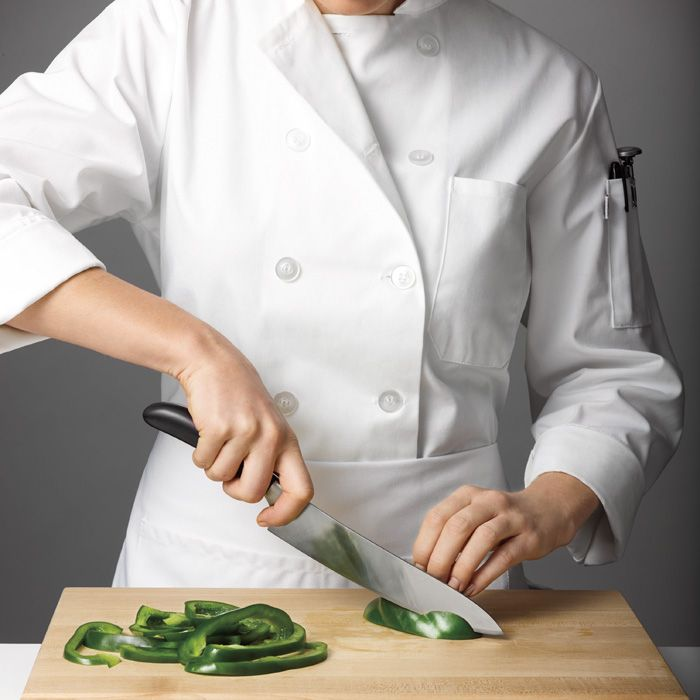Britain’s commercial kitchens, whether in Michelin-starred restaurants or the local pub, do a remarkable job of feeding and refreshing millions of people every day. Their profit margins are narrow and they’re time-limited, but the safety of staff and customers depends on their taking scrupulous measures to maintain the highest standards of food hygiene. The following are further tips for keeping a safe and clean commercial kitchen running smoothly.

Staff training
It is crucial that staff are trained to be aware of and to put into practice your kitchen’s hygiene policy and the relevant government regulations. If your employees comply with these rules, they significantly reduce the chances of compromising their or your customers’ health and safety. Equally, if you break any regulations, you risk being fined and even having your business closed.
Many colleges run courses dedicated to food hygiene and it is highly recommended that you require your personnel to attend one of these. The government also offers useful guidance (https://www.food.gov.uk/business-industry/guidancenotes/hygguid).
Deal with refuse and spills promptly
Make sure that kitchen waste is disposed of on a timely basis and in the appropriate manner. In addition to helping to contain the danger of harmful bacteria and other contaminants entering the food supply chain, this assists with controlling pests and the risk this presents.

Cook foods properly
Food needs careful preparation before it is suitable for human consumption. The most obvious example of this is poultry and the necessity to cook it until there is no red or pink meat to be seen and the juices run clear; meanwhile, the surfaces of red meat must be seared and sealed at a high temperature. Some vegetables, beans, and pulses cannot safely be served uncooked, while others need to be soaked before cooking. Follow suppliers’ instructions and remember to check use-by dates.
Keep equipment clean and in full working order
Have a strict routine for cleaning kitchen equipment such as ovens and refrigerators, and make sure that all crockery, glassware, and cutlery used by customers is safely sanitized. It is also important to ensure that you regularly check your large kitchen items such as walk-in freezers and fridges and replace any parts that may have become worn and inefficient. These may include a Spiral Duct on one of your large appliances. You can find these at https://www.dustspares.co.uk/ductwork-parts/galvanised-steel-spiral-duct.html . Replacing some parts when they start to wear will be a lot cheaper than replacing an entire item in the kitchen.
Do audits
Over time, it is easy to slip into corner-cutting with these measures. Combat this by doing frequent audits of the implementation of your food safety policy and highlighting any infractions.


